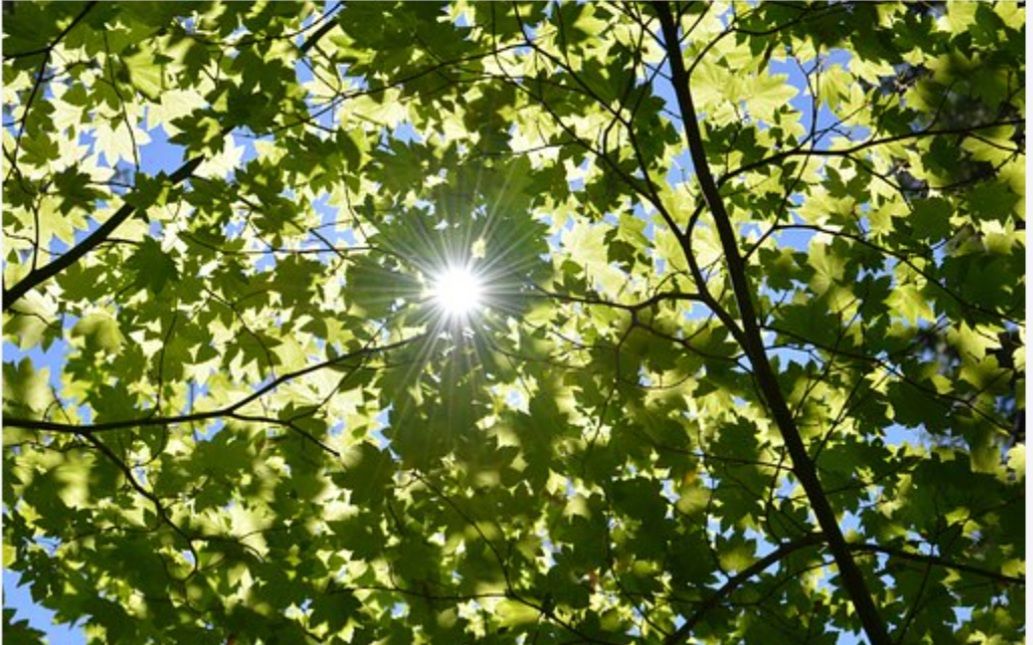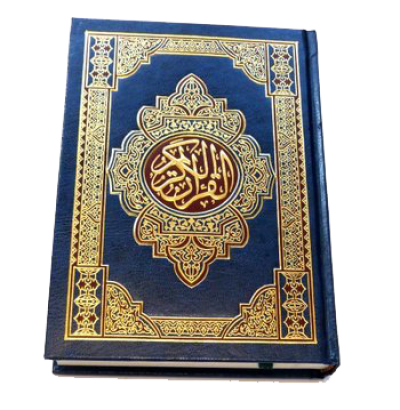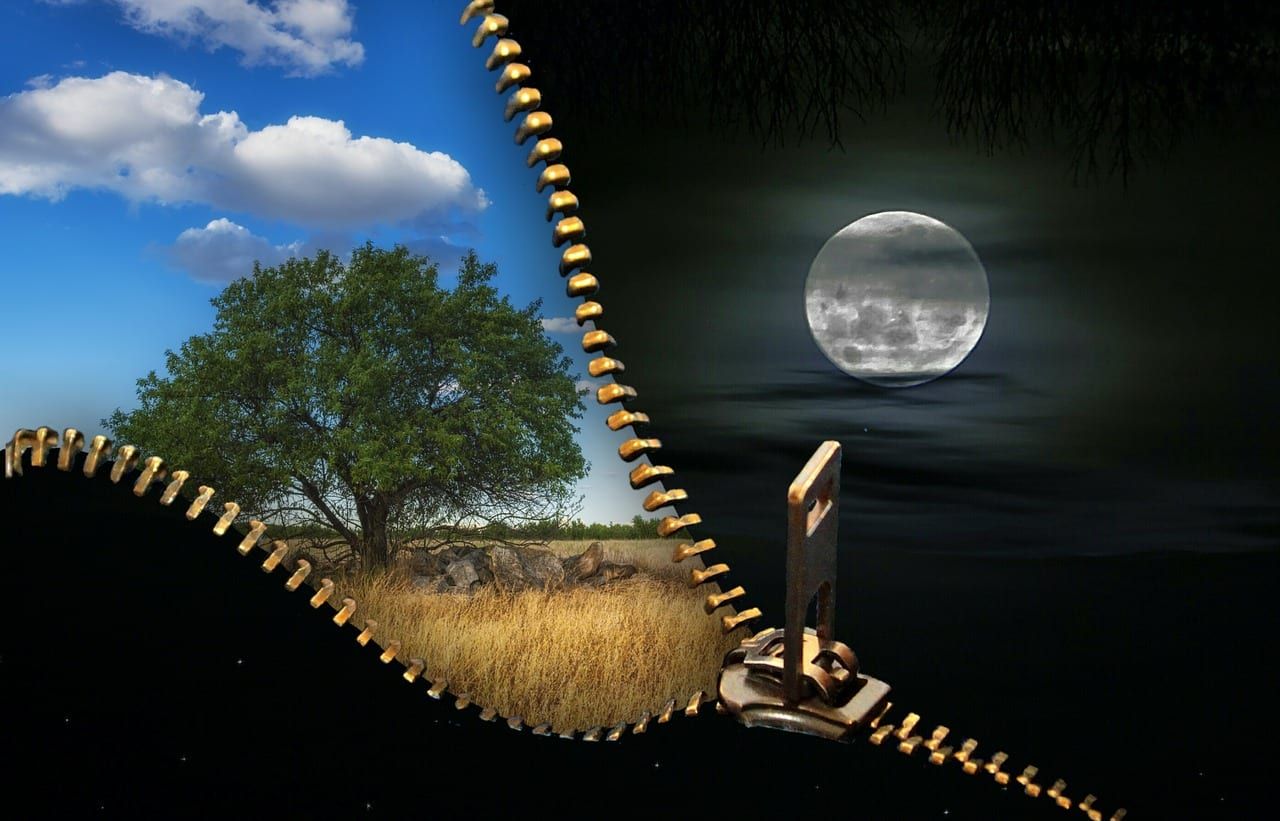The Importance of Truthfulness – By Al-Allamah Rabee Bin Hadi Al-Mad’khali [Part 7]
In The Name of Allah, The Most Merciful, The Bestower of Mercy.
Al-Allamah Rabee bin Hadi Al-Mad’khali, may Allah preserve him, continued….
Kab, may Allah be pleased with him, said: When this news reached me that Allah’s Messenger, peace and blessings of Allah be upon him, was on his way back from Tabuk, I was greatly perturbed. I thought of fabricating false stories and asked myself how I would save myself from his anger on the following day. In this connection, I sought the help of every prudent man from amongst the members of my family and when it was said to me that Allah’s Messenger was about to arrive, all the false ideas banished (from my mind) and I came to the conclusion that nothing could save me but the telling of truth, so I decided to speak the truth and it was in the morning that Allah’s Messenger arrived (in Medina). And it was his habit that as he came back from a journey he first went to the mosque and observed two Rak’ahs of nafl prayer and then sat amongst people.
And as he did that, those who had remained behind him began to put forward their excuses and take an oath before him and they were more than eighty persons. Allah’s Messenger accepted their excuses on the very face of them and accepted their allegiance and sought forgiveness for them and left their secret (intentions) to Allah, until I presented myself to him. I greeted him and he smiled and there was a tinge of anger in that. He then said to me: “Come forward”. I went forward until I sat in front of him. He said to me: “What kept you back? Could you not afford to go in for a ride?” I said: “Allah’s Messenger, by Allah, if I were to sit in the presence of anybody else from amongst the people of the world, I would have definitely saved myself from his anger on one pretext (or the other) and I have also the knack to fall into argumentation, but, by Allah, I am fully aware of the fact that if I were to put forward before you a false excuse to please you, Allah would definitely provoke your wrath upon me, and if I speak the truth you may be annoyed with me, but I hope that Allah would make its end well and, by Allah, there is no valid excuse for me. By Allah, I never possessed so good means, and I never had such favourable conditions for me as I had when I stayed behind you (failed to join the expedition)”. Thereupon, Allah’s Messenger said: “This man told the truth, so get up until Allah gives a decision in your case”. I stood up. [end of hadith]
Indeed, they achieved success through the honour, victory, and rewards they received. So, what beneficial lesson comes from their absence from the Battle of Tabuk, even if it can be explained based on its reasons? In this part, he shared his new circumstances upon the Messenger’s return, revealing that he had not participated in the military campaign due to his desire for the shade and the fruits of the trees. No one else shared this lagging behind except for those steeped in hypocrisy, the weak, and those with legitimate excuses. His sincere discerning heart was burdened with the harshness of pain and sorrow, while at the same time, shaytan suggested to him and attempted to fill his soul with various types of lies; however, by Allah’s Grace and care for him, the darknesses of lies and falsehood were lifted from him due to his truthful faith and sincerity to Allah, the Lord of the entire existence, thus, Allah granted him the greatest means of salvation after faith, and that is truthfulness, especially in times of danger and overwhelming events.
He said, “When I was told that Allah’s Messenger was on his way back, the falsehood was removed from me, and I realised that nothing of it will never save me”. Thus, his truthfulness became more wholesome, as the Messenger of Allah, peace and blessings of Allah be upon him, arrived in the morning. He mentioned that Sunnah often overlooked or forgotten by many Muslims, which is to perform two Rak’ats in the Masjid upon a Muslim’s return from travel. He mentioned the situation of those who gave (lame) excuses (for their absence from the military expedition), meaning the hypocrites, who resorted to lies and falsehood, that they reinforced their lies with oaths, thus, the Prophet could only accept what they displayed apparently, and entrusted their true hidden intentions to Allah, the knower of unseen, who is aware of the treachery of the eyes and what the hearts conceal. However, Ka’b, may Allah be pleased with him, with his understanding and sound intellect, he recognised that lying to Allah’s Messenger, even when fortified by solemn oaths, would not spare him from the wrath of Allah and subsequently the anger of His Messenger. He discerned this truth through his keen insight and intellect after Allah had granted him this, thus, he refused any other thing besides openly declaring the clear reality. [Paraphrased. Refer to Arabic here: sidq ]
To be continued…InShaAllah








